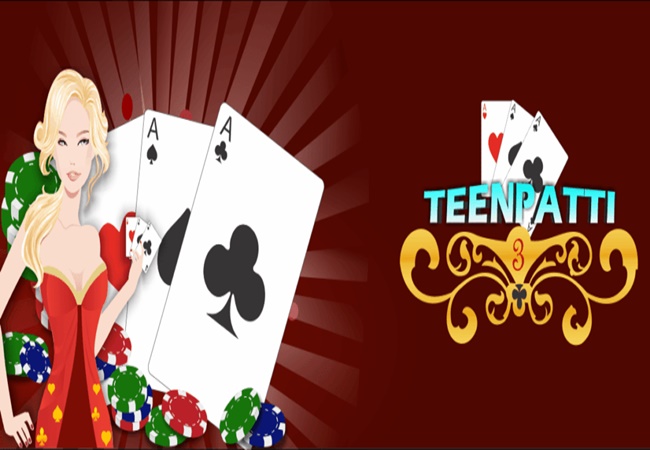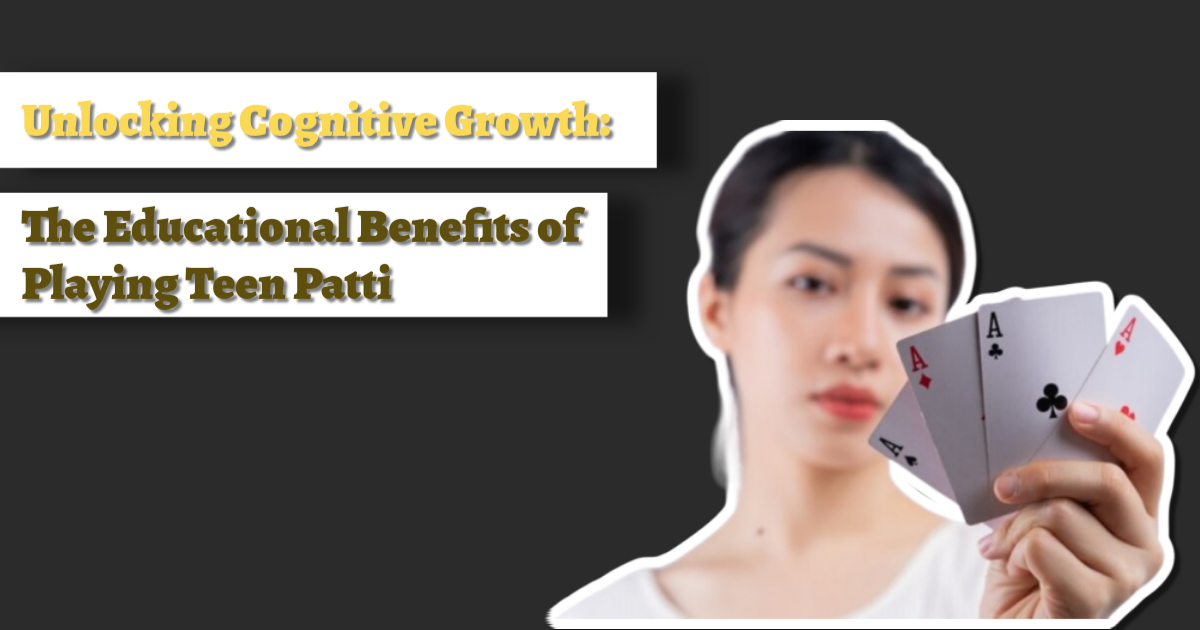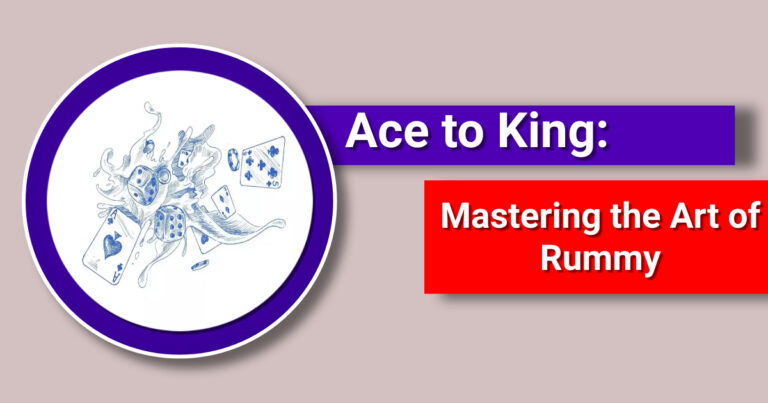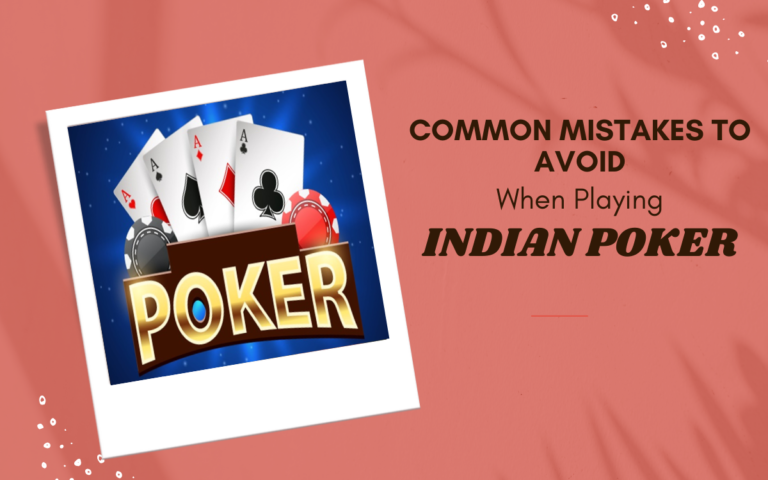Unlocking Cognitive Growth: The Educational Benefits of Playing Teen Patti
Playing Teen Patti, often referred to as Indian Poker, is a popular card game in South Asia. Traditionally associated with gambling and entertainment, Teen Patti can also offer significant cognitive benefits when approached with an educational mindset. This exploration into the cognitive benefits of the Rummy game and Teen Patti reveals how these games can enhance various mental skills and provide learning opportunities that go beyond mere gameplay.

1. Strategic Thinking and Decision-Making
At its core, Teen Patti Stars is a game of strategy. Players must make decisions based on incomplete information, balancing risk and reward. This requires and fosters strategic thinking—an essential cognitive skill. When players engage in Teen Patti with a focus on educational value, they learn to weigh options, anticipate opponents’ moves, and develop contingency plans. Such strategic decision-making extends beyond the game, benefiting real-life scenarios like problem-solving in academic and professional settings.
2. Mathematical and Statistical Skills
Playing Teen Patti involves a significant amount of mathematical and statistical thinking. Players must calculate probabilities to assess the likelihood of certain outcomes, such as drawing a particular card or achieving a winning hand. Understanding and applying these probabilities sharpens mathematical skills, including basic arithmetic, percentages, and statistical reasoning. This aspect of the game helps develop a strong foundation in quantitative analysis, which is valuable in various fields such as finance, engineering, and data science.
3. Memory Enhancement
Memory plays a crucial role in Teen Patti. Players need to recall the cards that have been played and track the evolving patterns of the game. This requirement enhances both short-term and working memory. Practicing memory skills in the context of playing Teen Patti can translate to improved cognitive abilities in other areas, such as academic learning and everyday problem-solving.
4. Psychological Insight and Emotional Intelligence
Playing Teen Patti also demands a keen understanding of human behavior. Players must interpret opponents’ reactions, bluffing tactics, and betting patterns. This aspect of the game provides insights into psychological principles such as theory of mind, which involves understanding others’ mental states and intentions. Developing these skills can lead to enhanced emotional intelligence, improving interpersonal relationships and communication.
5. Risk Management and Resilience
Risk management is a fundamental element of playing Teen Patti. Players must assess the risk of continuing or folding their hand based on their evaluation of the game’s dynamics. Learning to manage risk effectively helps players become more resilient in the face of uncertainty and adversity. This skill is valuable in both personal and professional contexts, where managing risk and bouncing back from setbacks are crucial for success.
6. Pattern Recognition and Analytical Skills
Playing Teen Patti requires players to recognize and interpret patterns in the game. This might include identifying trends in betting behavior, understanding statistical patterns in card distribution, or detecting subtle cues from opponents. Developing pattern recognition skills enhances analytical thinking and problem-solving abilities, which are applicable in various domains, including science, technology, and business.

7. Focus and Concentration
To excel in Teen Patti, players must maintain a high level of focus and concentration. The game’s fast pace and the need to make quick decisions require sustained attention. Practicing concentration in this context can improve cognitive control and attention span, benefiting academic performance and productivity in other areas.
8. Ethical Decision-Making
When approached with educational value, playing Teen Patti gaming can also offer lessons in ethical decision-making. Players must navigate the game’s ethical dilemmas, such as the temptation to deceive or manipulate. Reflecting on these decisions fosters a sense of integrity and ethical reasoning, which is valuable in personal and professional life.
9. Social Interaction and Teamwork
While Teen Patti is often played individually, it can also be enjoyed in a social or team-based setting. Engaging with others in the game fosters teamwork, communication, and collaborative problem-solving. These social interactions enhance social cognitive skills and can improve interpersonal dynamics in both personal and professional environments.
10. Creativity and Innovation
Teen Patti encourages players to think creatively to outsmart opponents. Developing innovative strategies and adapting to changing game conditions promote creative thinking. This aspect of the game can inspire players to approach challenges with a creative mindset, fostering innovation in various fields.
Conclusion: Playing teen patti
Teen Patti, when viewed through an educational lens, offers a range of cognitive benefits that extend beyond traditional gameplay. By engaging with the game’s strategic, mathematical, psychological, and social aspects, players can enhance their cognitive skills and apply these lessons to broader contexts. Whether through improving decision-making, boosting memory, or fostering creativity, Teen Patti provides valuable educational opportunities that contribute to overall cognitive development.
Understanding these benefits can transform Teen Patti from a mere pastime into a powerful tool for cognitive growth and learning.








